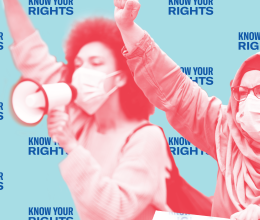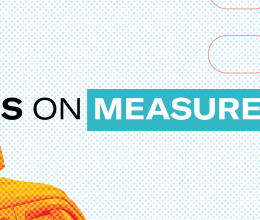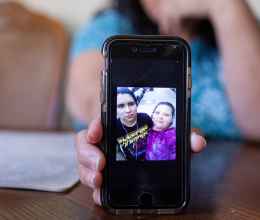
A court approved mediation today ended years of legal and political debate over Proposition 187. The agreement confirms that no child in the state of California will be deprived of an education or stripped of healthcare due to their place of birth. It also makes clear that the state cannot regulate immigration, a job clearly assigned by the US constitution and federal law to the national government.
Passed in 1994, Proposition 187 sought to require police, healthcare professionals and teachers to, among other things, verify and report the immigration status of all individuals, including children. A federal district court judge issued an injunction barring implementation of the measure, holding that it violated the US constitution. Today's agreement validates that ruling.
"The seal of the great state of California is now stamped on the death certificate of Proposition 187,. said Mark Rosenbaum, ACLU/SC Legal Director. "The court approved stipulation marks not just the end of this case, but an end to nearly five years of racial divisiveness throughout California."
ACLU/SC Executive Director Ramona Ripston added, " We are pleased that we can put this ugly chapter behind us and can now turn our attention to trying to make California a better place for all people regardless of race, nationality, gender, sexual orientation or age. A place where immigrants are welcome and can prosper."
"Today's settlement signals that it's time to move beyond the divisiveness of Proposition 187," said Assembly Speaker Antonio Villaraigosa. . The decision ensures that children can get an education, working families can get health care, and law enforcement can focus on fighting crime. We stand together today to say in one loud voice that Californians are tired of wedge issues and culture wars."
CHRONOLOGY OF PROPOSITION 187
November 8, 1994 California voters pass Proposition 187. The stated purpose of the Proposition is to " provide for cooperation between [the] agencies of state and local government with the federal government, and to establish a system of required notification by and between such agencies to prevent illegal aliens in the United States from receiving benefits or public services in the State of California."
November 9, 1994 After Proposition 198 passes, several actions challenging its constitutionality are commenced in California state and federal courts. Gregorio T v. Wilson brought by the ACLU/SC and MALDEF, contests all provisions of the initiative. Ultimately, five suits are filed in the United States District Court. The plaintiffs seek to bar the Governor and other state officials and entities from implementing and enforcing the provisions of Proposition 187.
November 1994 A temporary restraining order is issued, barring Proposition 187 from being implemented.
August 22, 1996 President Clinton signs the Personal Responsibility and Work Opportunity Reconciliation Act (PRA) of 1996 into law. The PRA creates a statutory scheme that restricts and defines the eligibility of certain non-citizens for federal, state and loval benefits and services.
September 30, 1996 President Clinton signs into law the Illegal Immigration Reform and Immigrant Responsibility Act (IIRAIRA), further supplementing the federal immigration regulatory scheme.
November 20, 1995 - March 13, 1998 The district court issues decisions, ruling that sections 1, and 4 through 9 of Proposition 187 are preempted by the federal PRA, IIRAIRA, and other federal law.
June, 1999 Governor Davis initiates a request for mediation to resolve the appeal of Proposition 187.
July 29, 1999 The mediated agreement is signed by all parties and submitted to the court.






